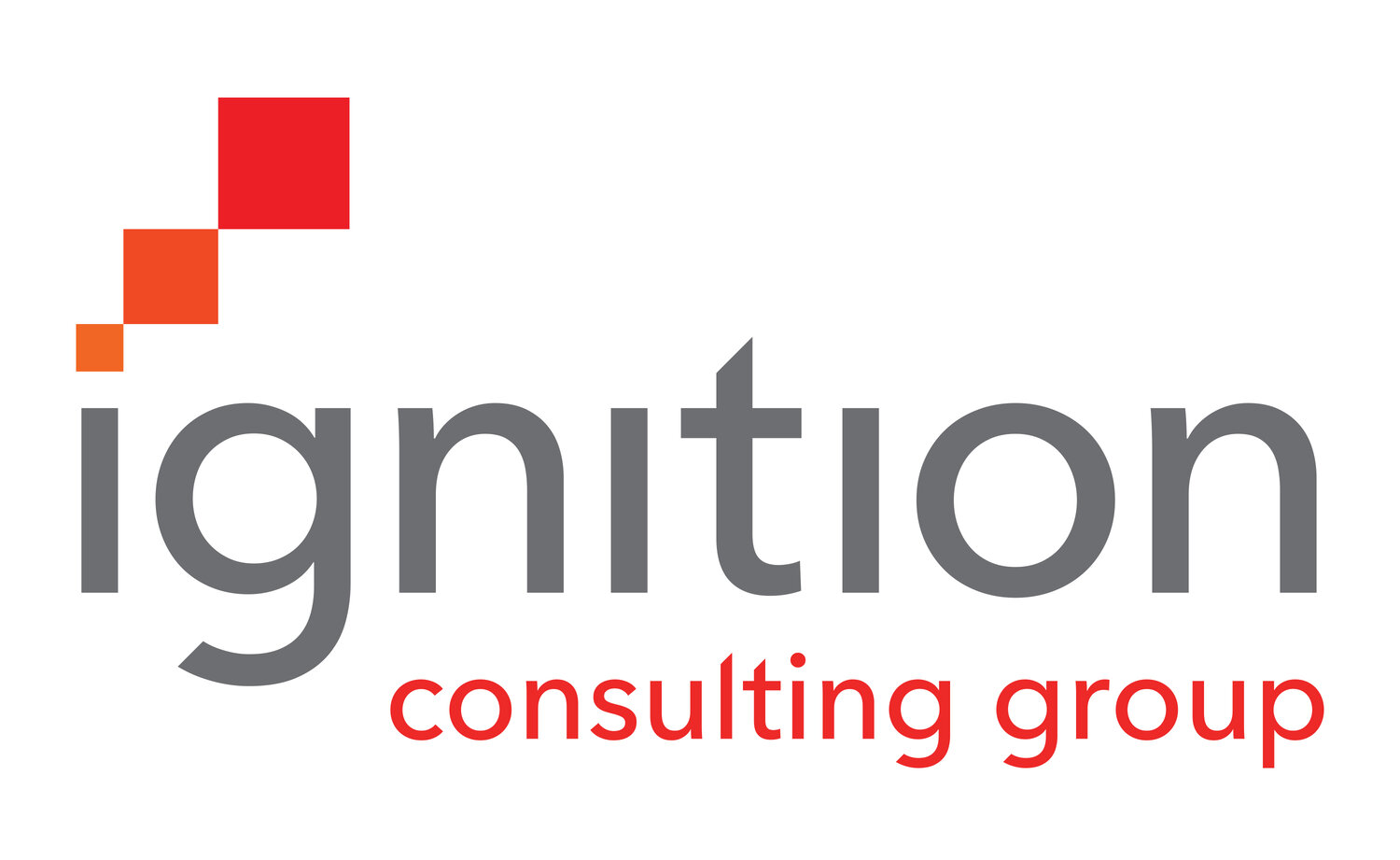If Faster Work Is Better for the Client, Why Is it Worse for the Agency?
If a talented art director in your firm can design a brilliant logo in five minutes instead of five weeks, should you get paid less — or more — for it? In the flawed pay-by-the-hour system, the only way your firm could possibly capture the value you have created is for the art director to misrepresent the truth on her timesheet.
What Replaces Timesheets?
During the Vietnam war, Robert McNamara, the U.S. Secretary of Defense, used a notoriously flawed metric to judge the success of the war: body count. For years, McNamara tried to convince the American public that the United States was winning the war based on the fact that far more North Vietnamese soldiers were dying than American or South Vietnamese soldiers. But Americans could sense that despite these figures — even if true — this armed conflict was getting much worse, not better.
Before You Change Your Practices, Change Your Mind
Business professionals have a voracious appetite for learning the “best practices” in their industry. They want to know what has worked for other companies so they can replicate these approaches in their own firms.
To Increase Agency-Client Trust, Align the Incentives
The level of mutual trust between agencies and their clients is at an all-time low. There are many culprits, some historical and perennial, some temporary and episodic.
Stop Filling Orders and Start Solving Problems
The decline in the perceived value of advertising agencies can be closely correlated with their increasing propensity to dutifully fulfill “scopes of work” rather than proactively solve client problems.
You’re Not Overservicing, You’re Underscoping
If your internal teams are continually raising the red flag about projects that are “over estimate,” this is almost always a misdiagnosis of the problem. The vast majority of agency assignments haven’t been properly scoped.
Procurement’s Animal Farm and How to Avoid Becoming Part of It
Who is the worst person to do the pricing in your firm? Many times it’s the CEO. It’s often the top people in the organization who are the most willing to discount fees and meet the demands of professional buyers.
How to Be a Price Maker Instead of a Price Taker
Most firms feel they’re stuck on a treadmill when it comes to agency compensation. Actually, it’s more of a time warp. That’s because the cost-plus model employed in most agency-client agreements dates back to the early days of the industrial age.
You Don’t Sell Your Own Product As Well As You Sell Your Client’s
It’s a curious fact that advertising agencies don’t know much about selling — at least when it comes to selling their own brand. Even though agency professionals show good sense (and sometimes sheer brilliance) when crafting messaging strategies for their clients, this is rarely applied to how they market themselves.
A Gross Failure of Imagination
Do you feel locked in a zero-sum game with the professional buyers of your services (procurement)? Most firms do. A zero-sum game is one in which gains for one party result in losses for the other party. In effect, each party is fighting for a bigger slice of the same pie.
Transparency Is For Windows, Not Pricing Professional Services
The last time you bought a new pair of shoes, did you first demand to know the costs that went into manufacturing them? It seems like a ridiculous question because buyers rarely (if ever) have visibility into the costs of the seller. Except in the professional services business.
Instead of Lowering Your Price, Lower Your Client’s Risk
You’ve just found $100 on the sidewalk. Should you put it under your mattress or buy a lottery ticket? What role does your tolerance for risk play in your decision?
Busy Fools vs. Eureka Moments
If your firm sells hours, how do your clients know if they're paying for "busy fools" or "eureka moments?" This is the provocative question raised by David Meikle in How to Buy a Gorilla. The billable hour, while arguably an easy thing to track, is not an easy thing to value.
Your Clients Hire You to Be Effective, Not Efficient
The next time a client requests a set of “deliverables,” remember that this is not the real reason your firm was hired in the first place. You were hired to deliver business and marketing outcomes. The deliverables are just a means to that end.
Pricing, Not Price, As A Competitive Advantage
The way to win more business is not to offer the best price, but rather the best pricing approach.
Seven Ways To Create New Revenue Streams
Would you like to earn money while you sleep? Most of your clients do.
While most product and service companies have diverse ways of generating revenues, agencies and other professional firms generally don’t make money unless they’re recording hours on a timesheet. “Work a million hours, make a million dollars,” as the saying goes.
AIM FOR 100% DIFFERENT
Is doing better enough? Marketing professional Harry Beckwith asks us to imagine the typical year-end company meeting in which the CEO’s approach to continued success is "Let’s look at what we did last year, and do at least 15% better."
Strategy Is Deciding What Not to Do
Upon his return to the company he founded, Steve Jobs’ first executive action was to announce that Apple would scrub almost all of the 300+ projects currently under development and instead focus on no more than four.
Heads or Hands: Hired for What You Know, or What You do?
Would you rather be hired for your ability to execute, or your ability to solve? Which is more valuable?
Start Leveraging Strengths Instead of Fixing Weaknesses
Do you perform an annual assessment of your firm’s strengths and weaknesses? Most of the firms in this habit have a similar way of interpreting the results: breeze right past the strengths and instead focus laser-like on the weaknesses. In extreme cases, managers ignore the findings about strengths altogether and quite literally obsess about the weaknesses.





















